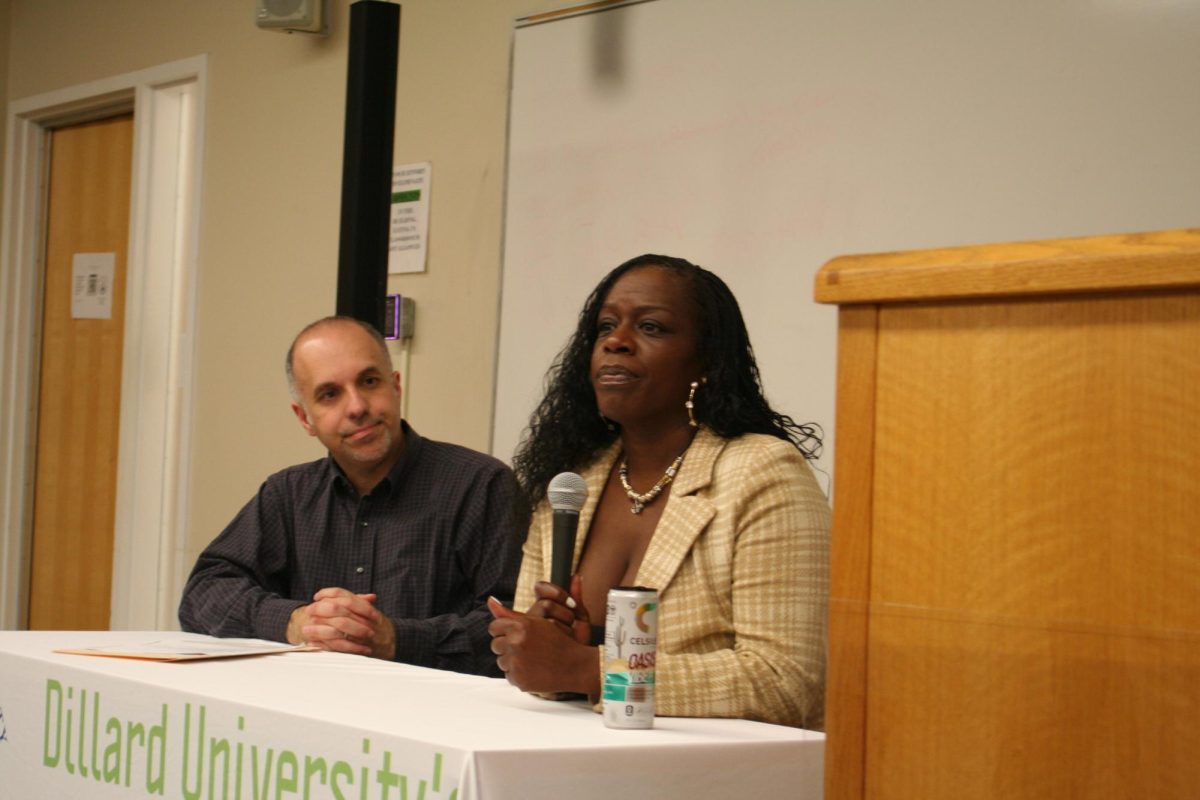NEW ORLEANS (February 14, 2020) – As we celebrate 29 days of February as Black History Month, let’s take back the narrative of white constructed history and tell the whole truth.
Since 1976, every United States president has designated February as Black History Month. Over four decades have passed, and it’s time for a change.
- Black history should be taught along with European history continuously in all curricula. Children of all creeds and colors should know of the great contributions black people have made to society. The truth has been hidden for too long.
- And we must be more diligent about supporting black businesses, including black farmers.
Black History Month originally was “Negro History Week,” created by the Association for the Study of African American Life and History group in 1926 to inspire a nationwide celebration of African American history, according to History.com. The association chose the second week of February to honor African-American history because it corresponded with the birthdays of Abraham Lincoln and Fredrick Douglass.
Black history extends beyond a designated month. The contributions of black people have made America the country it is today. We created more than peanut butter and the stoplight. We were (and continue to be in growing numbers) physicists, explorers, business owners, farmers, engineers, professors and so much more individually. And that doesn’t include the aggregation of our sacrifice as the country’s infrastructure and its economy was built on the back of our enslaved forefathers, through their unpaid labor and torturous blood, sweat and tears.
Benjamin Banneker was a mathematician and astronomer who created an all-wood clock that reportedly kept time for more 20 years. Mathew Henson, named after Henson Hall, was an artic voyager. Charles Richard Drew, the first African American to receive a doctorate in science from Columbia University in 1940, developed the process for storing and shipping plasma. These are only a few names of thousands of black people who contributed to history. These names were contributed by Dr. James M. Turner, acting director of the National Institute of Standards and Technology for the U.S. Department of Commerce.
Black history is more than civil rights and activism. Black history is the accomplishments and innovations of our people. We need to honor our ancestors by buying, investing and embracing our black culture while not being solely dependent on white commerce.
Booker T. Washington created Tuskegee University to ensure the sustainability of African-Americans. Tuskegee was originally named Tuskegee Normal and Industrial Institute when founded in 1881. Agriculture was one of the main studies to provide students with the necessary tools to be sustainable.
Before reconstruction from the Civil War, black farmers owned 58 percent of land in America. Today, fewer than 2 percent of African-Americans are farmers and fewer than 1 percent are landowners, according to the United States Department of Agriculture.
Radical Xchange, a creative content company, invited Dillard students to its second annual African-American hospitality conference, Resistance Served, Feb. 2-5 at the Jazz Market in New Orleans.
Panelists June and Angie Provost, black Louisiana sugar cane farmers, discussed the difficulties of being a black farmer in America. They encouraged conference attendees to focus on generational wealth through equity, land ownership and access to power rather than items that depreciate over time, like cars and houses.
We need to continuously support black farmers and business owners. They keep the hopes and dreams of our ancestors alive. Investment into black-owned businesses helps black people. It creates jobs and keeps money in the community through reinvestment.
U.S. data from 2016 indicated that African-Americans own more than 2 billion businesses, including companies related to health care, construction, retail, real estate, etc., with as many as 500,000 black-owned businesses in Louisiana alone. These businesses include Liberty Bank, New Orleans African-American Museum, Studio Be, Dooky Chase’s restaurant, Rycars Construction and many more.
We call on our readership to celebrate black history throughout the year, to research further contributions from African-Americans and to invest in black businesses. Without the continual acknowledgment of the influence of black people, our history forever will be written by others.

























